Live Workshops
Training and Education
Navigating the ABPN Certification Process for C-L Psychiatrists
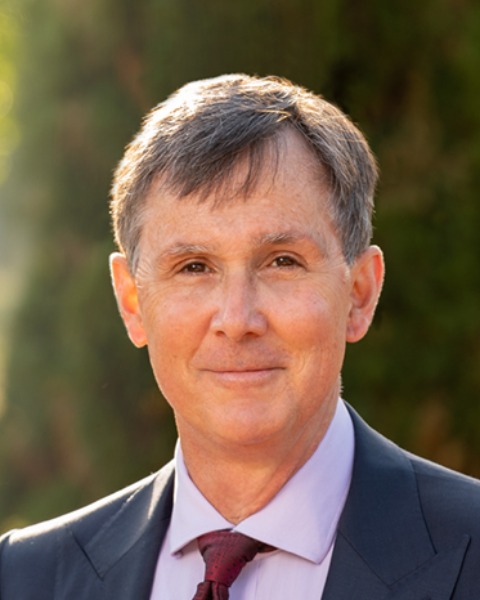
Robert Boland, MD
Senior Vice President & Chief of Staff, The Menninger Clinic
Baylor College of Medicine
Houston, Texas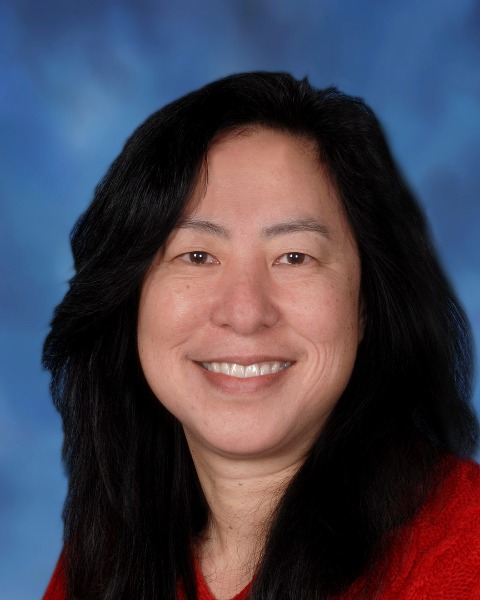
Catherine Crone, FACLP, FACP, FAPA (she/her/hers)
Team Lead Psychiatrist
Lyra Health
Silver Spring, Maryland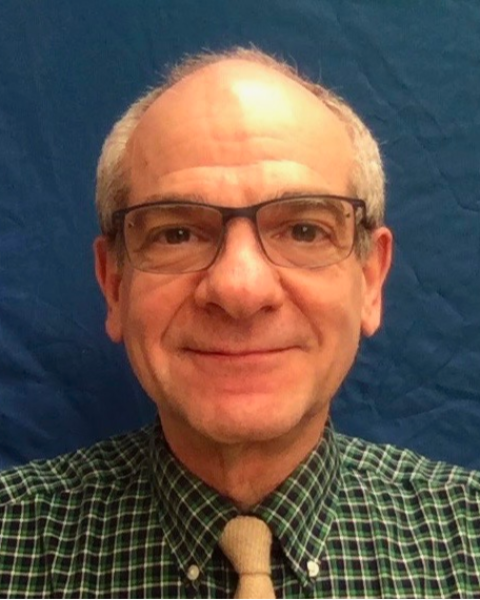
Terry Rabinowitz, MD, DDS, FACLP, FAPA, FATA
Professor, Departments of Psychiatry and Family Medicine
Larner College of Medicine at the University’ of Vermont
Burlington, Vermont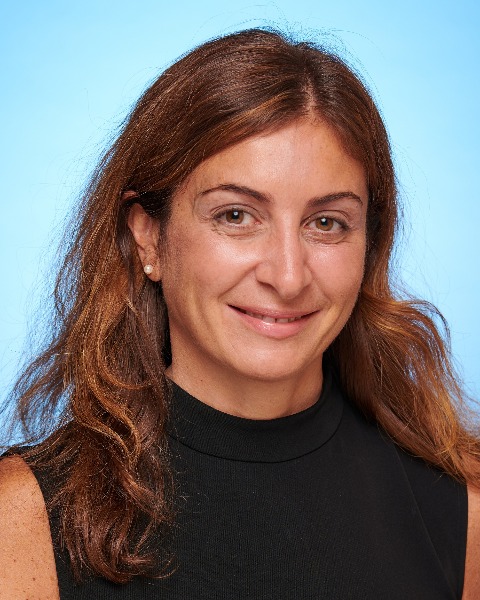
Madeleine Becker, MD, FACLP, FABOIM (she/her/hers)
Director, Graduate Medical Education
Thomas Jefferson University Hospital
Philadelphia, Pennsylvania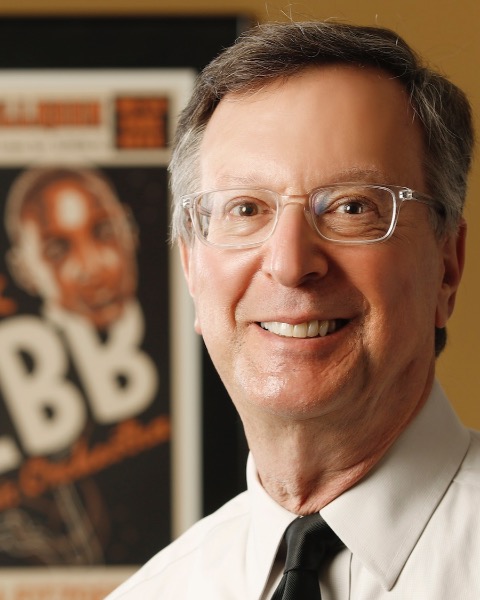
Jeffrey Lyness, MD
President & CEO
American Board of Psychiatry & Neurology
Deerfield, Illinois
Lead Speaker(s)
Speaker(s)
Moderator(s)
Continuing Certification (CC, formerly Maintenance of Certification or MOC) is a staple of all medical specialties. However, it continues to cause controversy and elicit emotions among many psychiatrists. Most professionals agree with the underlying rationale that once we finish our formal training, we should demonstrate that we continue practicing life-long learning. The devil is, however, in the details – for CC to be valid, the process should be relevant and meaningful to a psychiatrist’s practice. Therefore, the American Board of Psychiatry and Neurology (ABPN) is updating its process for certification. This update included a pilot program of an alternative approach to the Part 3 (10-year exam) portion of CC using a journal article-based assessment option. The ABPN completed the pilot in 2022. We will describe the pilot process and the pilot results. We will then review the MOC process as it is easy to think MOC and CC differ; CC is simply the preferred term for the same process. We will discuss the resulting CC program, including the “traditional” test-based pathway and the “alternative” article-based pathway. We will discuss how the ABPN is implementing the newer alternative approach to CC and how this is relevant to the C-L psychiatrist. We will also review recent updates to CC intended to make the process more accessible and educational for participants.Learning Objectives:

